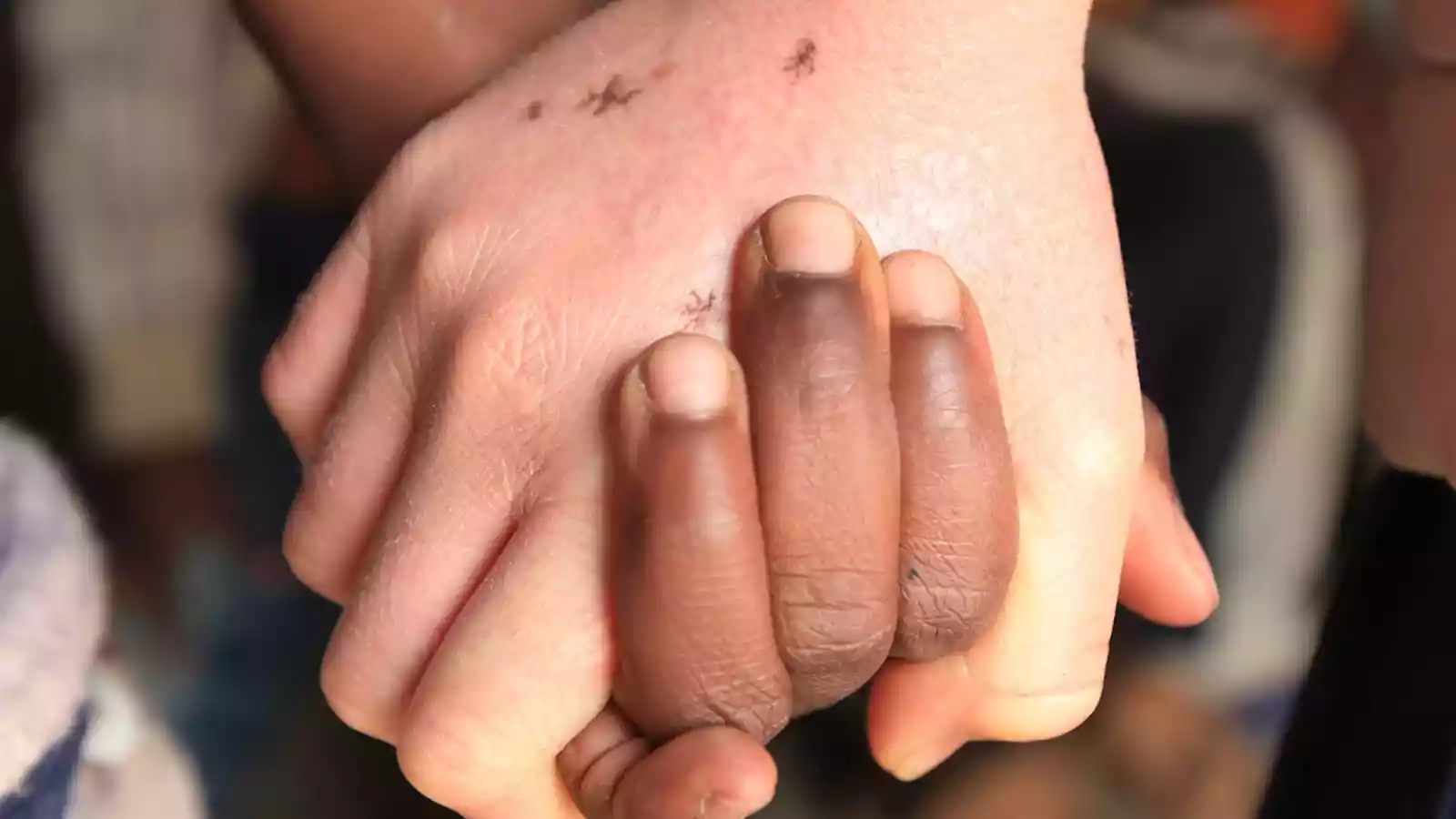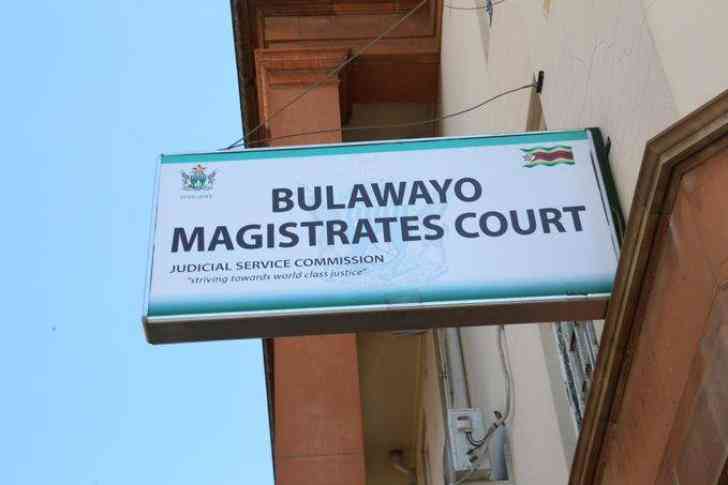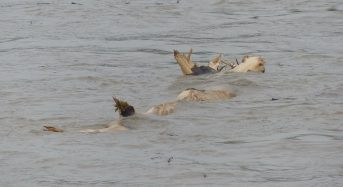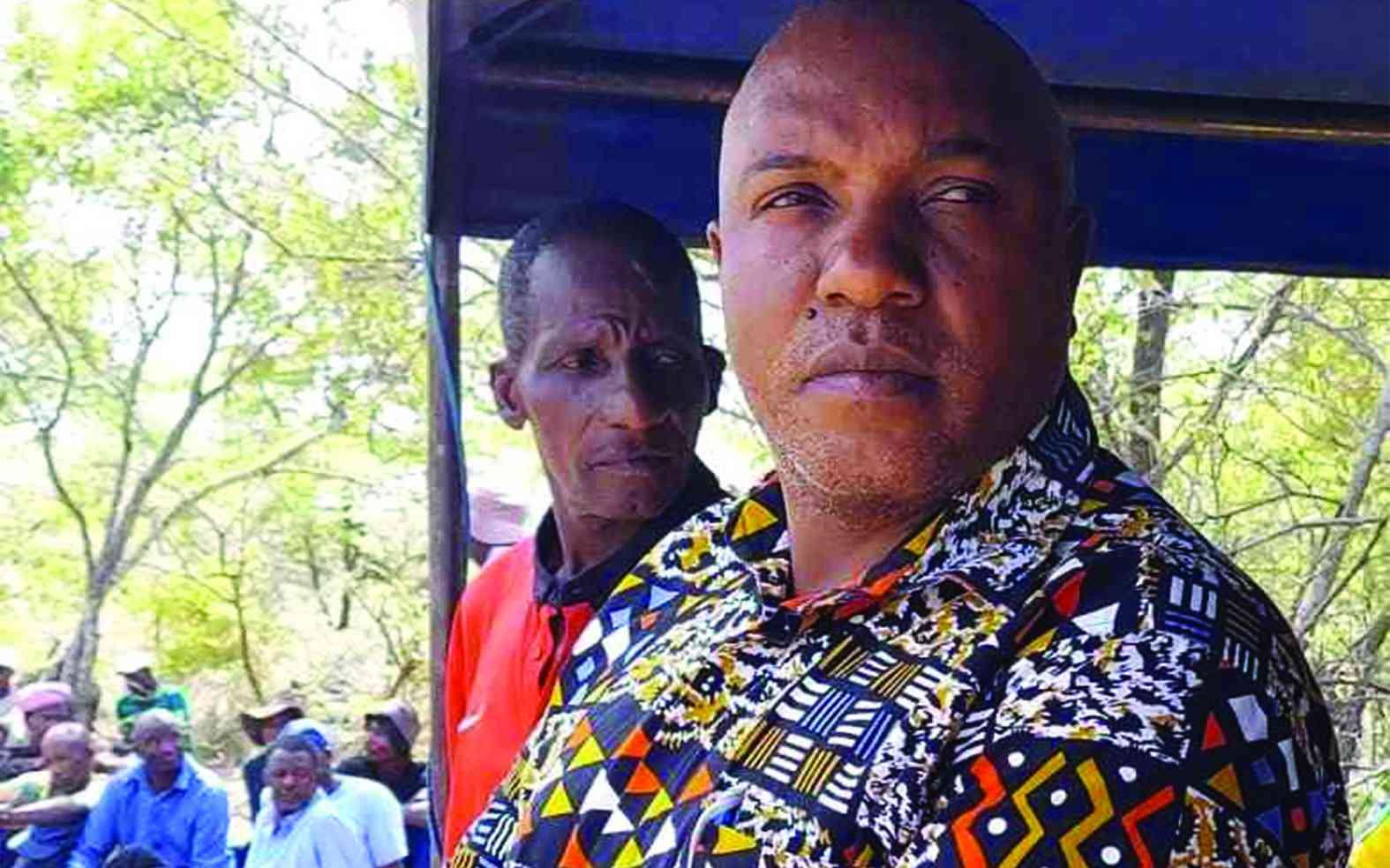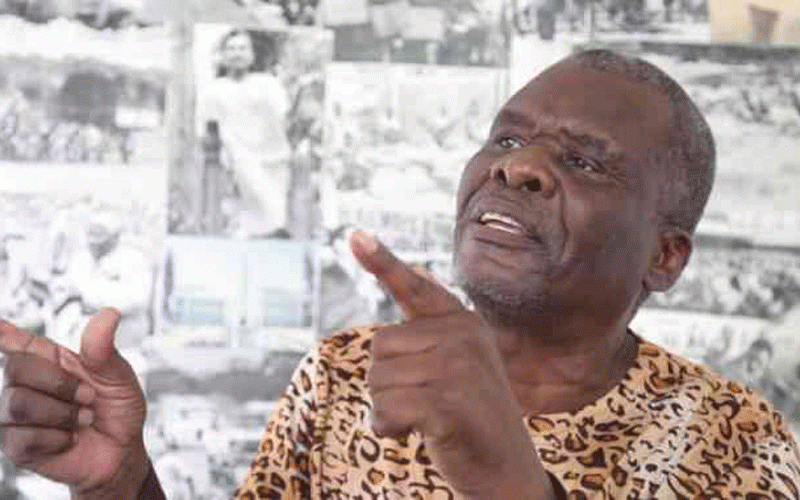
As Zimbabwe prepares to commemorate Heroes Day on August 11, a former Zipra commander has raised alarm over what he describes as a disturbing trend of unexplained deaths among veterans of the liberation struggle.
Andrew Ndlovu, a former Regional Zone Commander in Northern Front 2 (NF2) during the liberation war, says the rate at which veterans are dying is deeply concerning.
Ndlovu called on the government to investigate the possible causes, including the possibility of historical chemical warfare or neglect of veterans’ welfare.
“I am not happy about the rate at which veterans of the liberation struggle are dying,” he told Southern Eye on Sunday.
“It is very alarming, and I’m calling upon the government of Zimbabwe, through the War Veterans ministry, to look into this matter seriously.”
He questioned whether the high number of deaths is merely coincidental or symptomatic of deeper systemic failures, including insufficient healthcare and welfare support for the country’s liberation war heroes.
“Many of our comrades have died in poverty, leaving behind families with nothing to hold on to under these difficult economic conditions,” he said.
“This is unacceptable, especially considering the sacrifices they made for Zimbabwe’s freedom.”
- Bryn Mteki back on the music scene
- Pakistan likely to dissolve CPEC Authority
- Bryn Mteki back on the music scene
- Marange shrine: A mating ground for child molesters
Keep Reading
Ndlovu also expressed frustration at the lack of progress in improving the monthly pensions of war veterans and called for an overhaul of how government disburses funds and benefits.
He suggested that veterans be allowed to directly access project funding without cumbersome conditions, so they can better support their families.
The former commander urged the government to immediately release payments owed to those vetted in 2022, 2023, and 2025 — noting that many have since died without ever receiving their benefits.
He insisted the state should take responsibility and ensure their families are compensated.
“Delay has cost lives. The government must now act with urgency and respect the sacrifices made by these gallant sons and daughters of the soil,” Ndlovu said.
He called on the authorities to expedite the return of Zipra Nitram properties, which were acquired during the liberation struggle, but remain out of reach for many Zipra veterans and their descendants.
In addition, he urged the government to allocate land to children of war veterans and protect those who have already benefited from land reform, ensuring that no one owns more than one farm at the expense of others.
Turning to symbolic recognition, Ndlovu proposed the introduction of a non-partisan national uniform for all veterans, distinguished only by service medals to reflect their roles during the liberation war.
He also called for an end to politicisation of Heroes Acre burials and urged a review of the criteria used to grant national hero status.
“Heroes Acre has been turned into a general cemetery,” Ndlovu noted.
“Some individuals buried there were declared heroes on partisan grounds and not based on their actual revolutionary contribution.”
In addition, he demanded that all veterans be issued with their rightful medals, both for the liberation struggle and for independence, and proposed that all former commanders be formally retired at ranks equivalent to those in the Zimbabwe Defence Forces to preserve the integrity of the liberation history.

